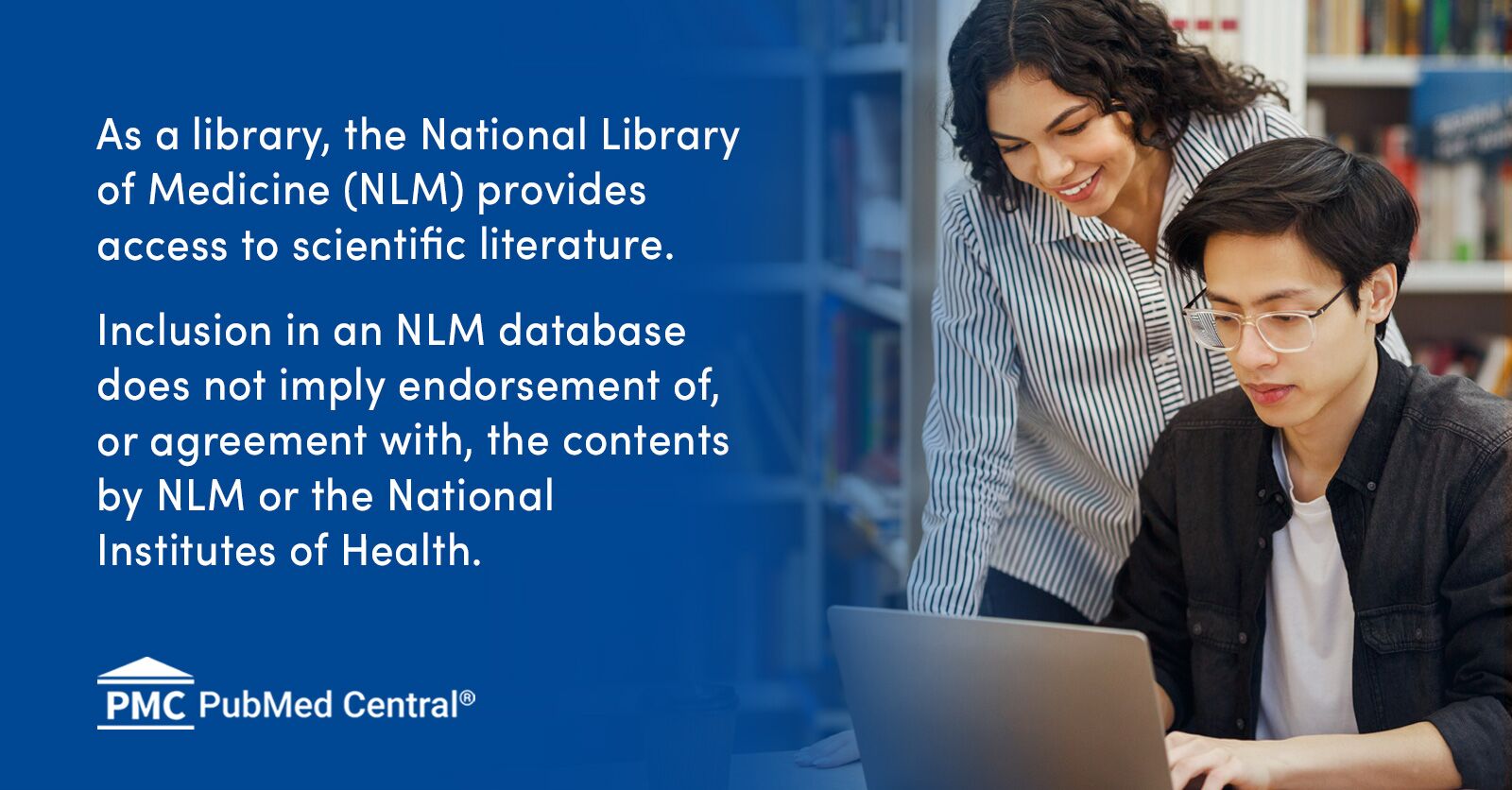Hexagon Sun
Bluelighter
- Joined
- Mar 29, 2010
- Messages
- 737
I was going to put a homemade green tea in my training drink. Then I have remembered somebody saying that after training, you want pro inflammatory response in the muscles, as the inflammation is a marker for the body to start building muscle.
That guy says that if you take an antioxidants (like vitamin c, NAC or green tea) you reduce this signaling and therefore the muscle building
Is that correct?
Would you include aspiring too as not suitable before and after training?
I alro remember a guy calling to take arachidonic acid (not sure about the name) as is quite inflamatory and helps build muscle. What´s your take on this?
That guy says that if you take an antioxidants (like vitamin c, NAC or green tea) you reduce this signaling and therefore the muscle building
Is that correct?
Would you include aspiring too as not suitable before and after training?
I alro remember a guy calling to take arachidonic acid (not sure about the name) as is quite inflamatory and helps build muscle. What´s your take on this?
Last edited:


